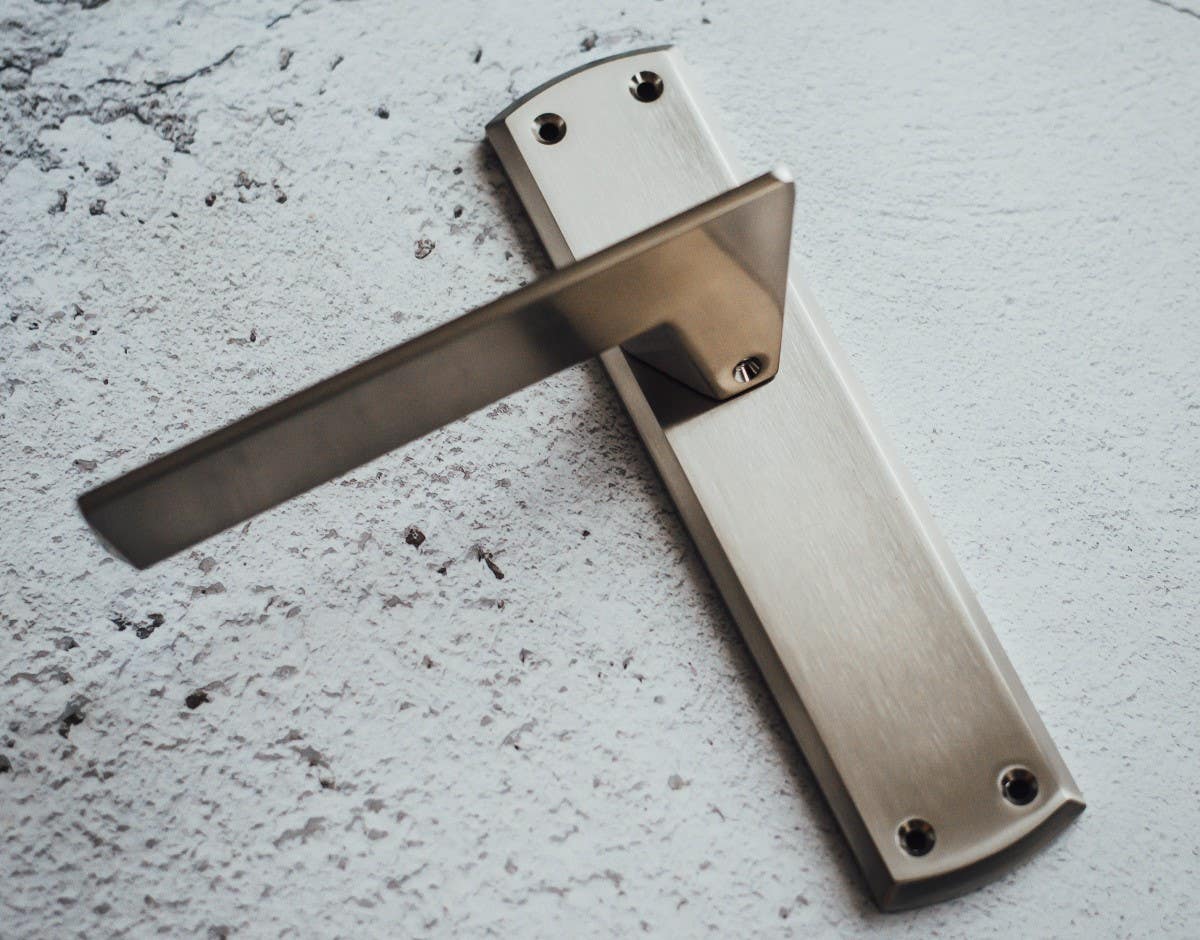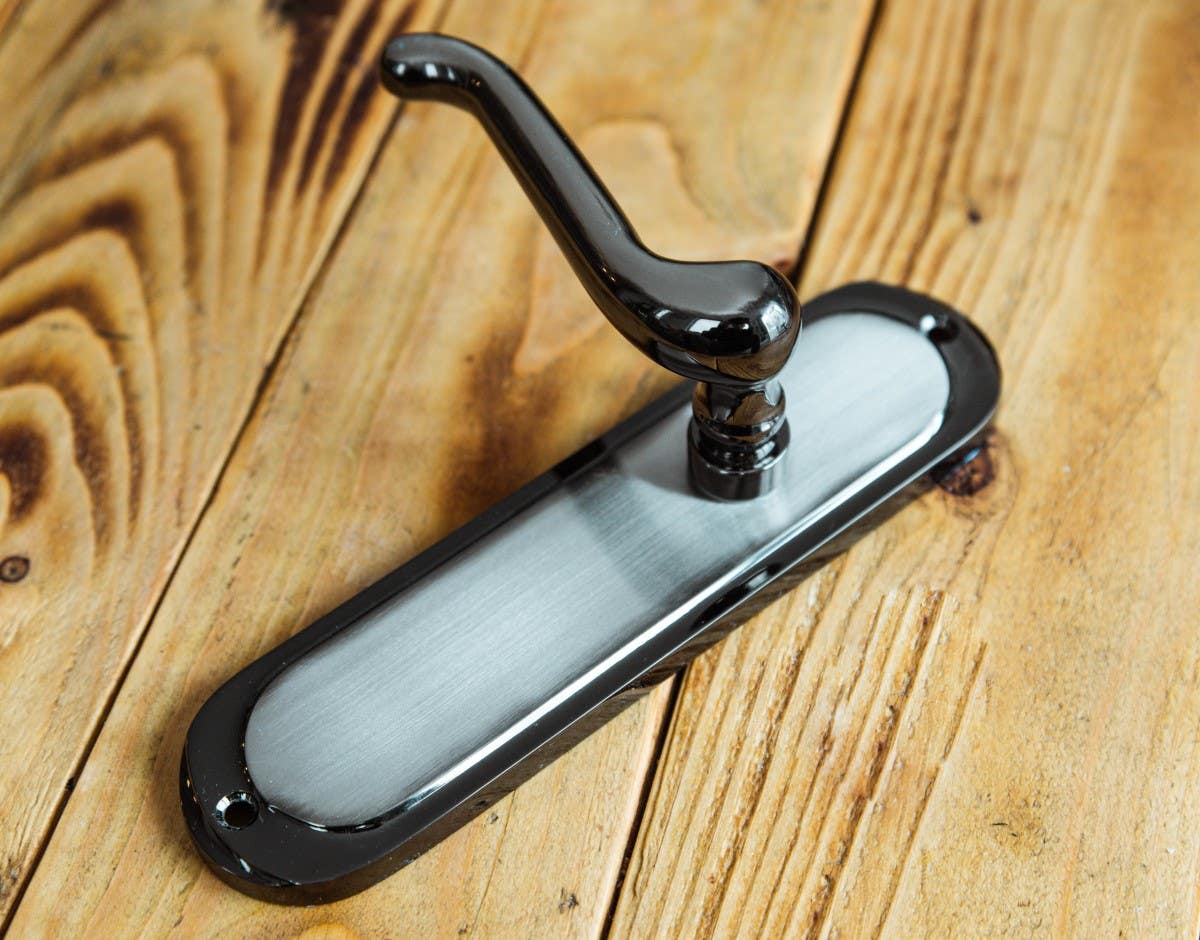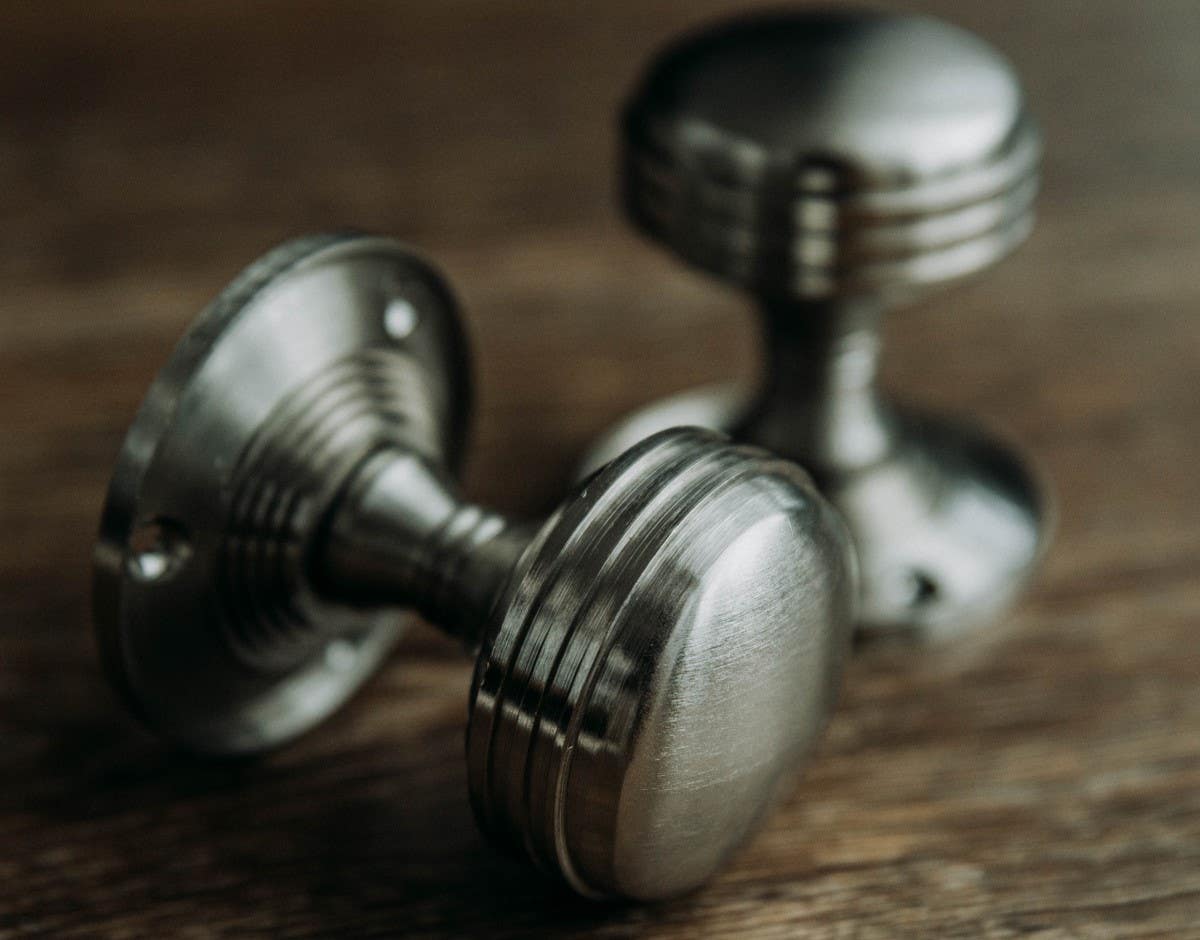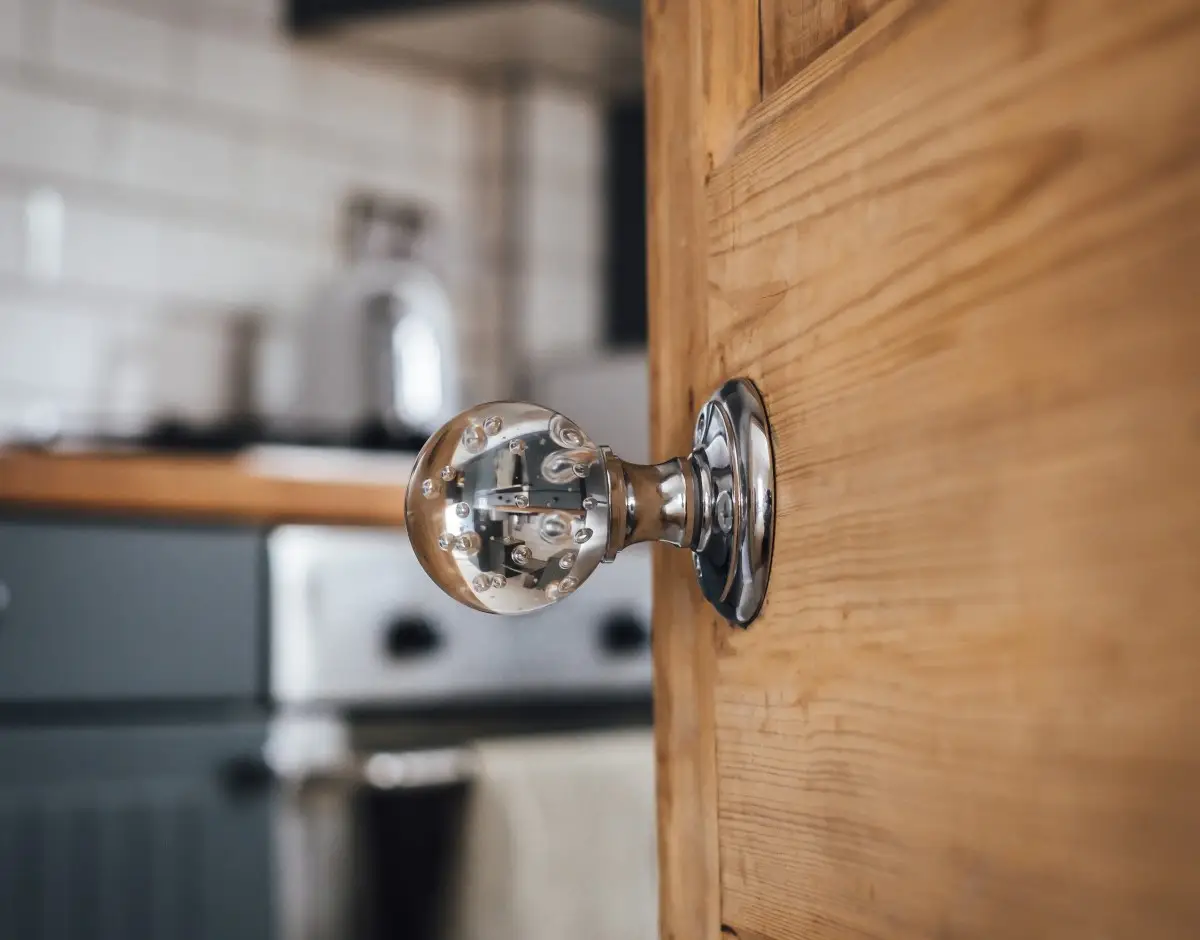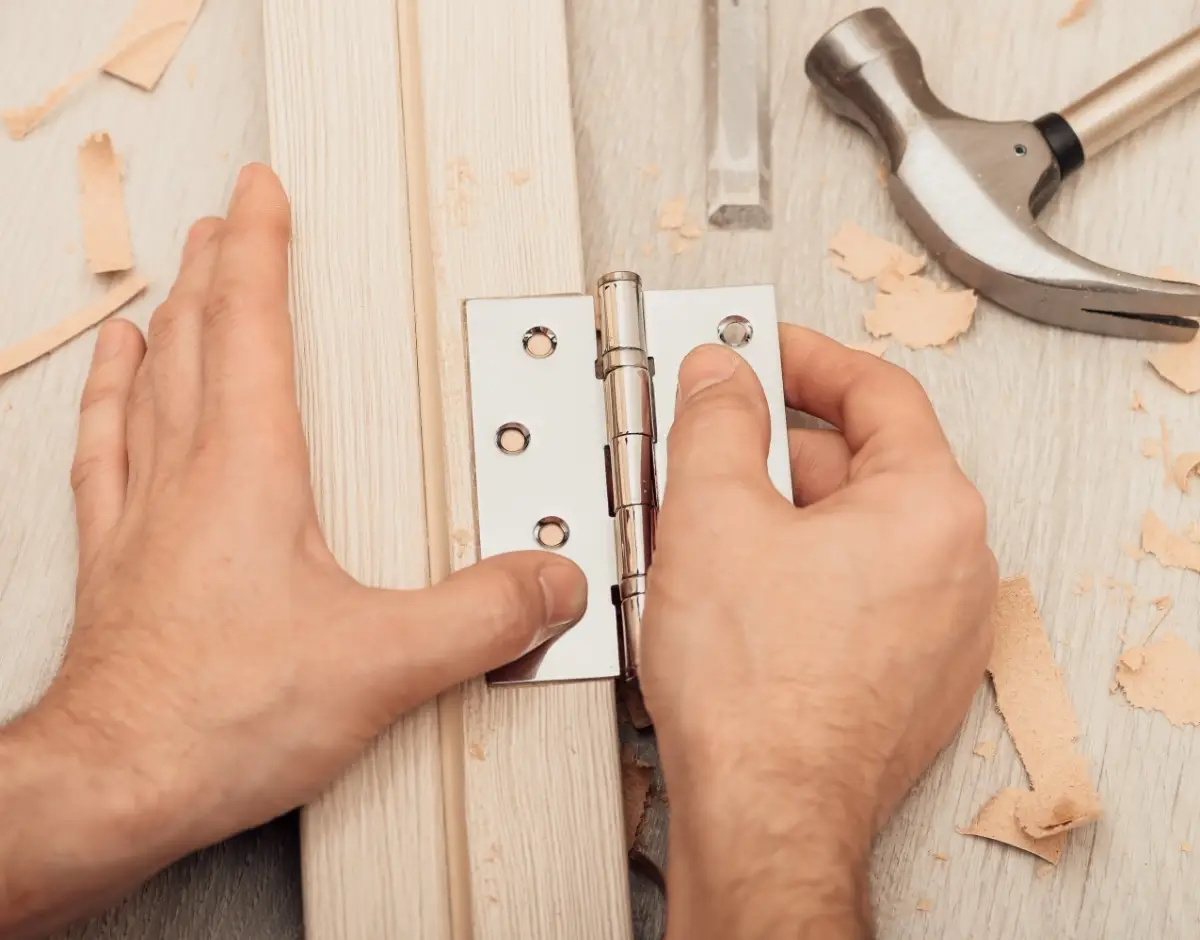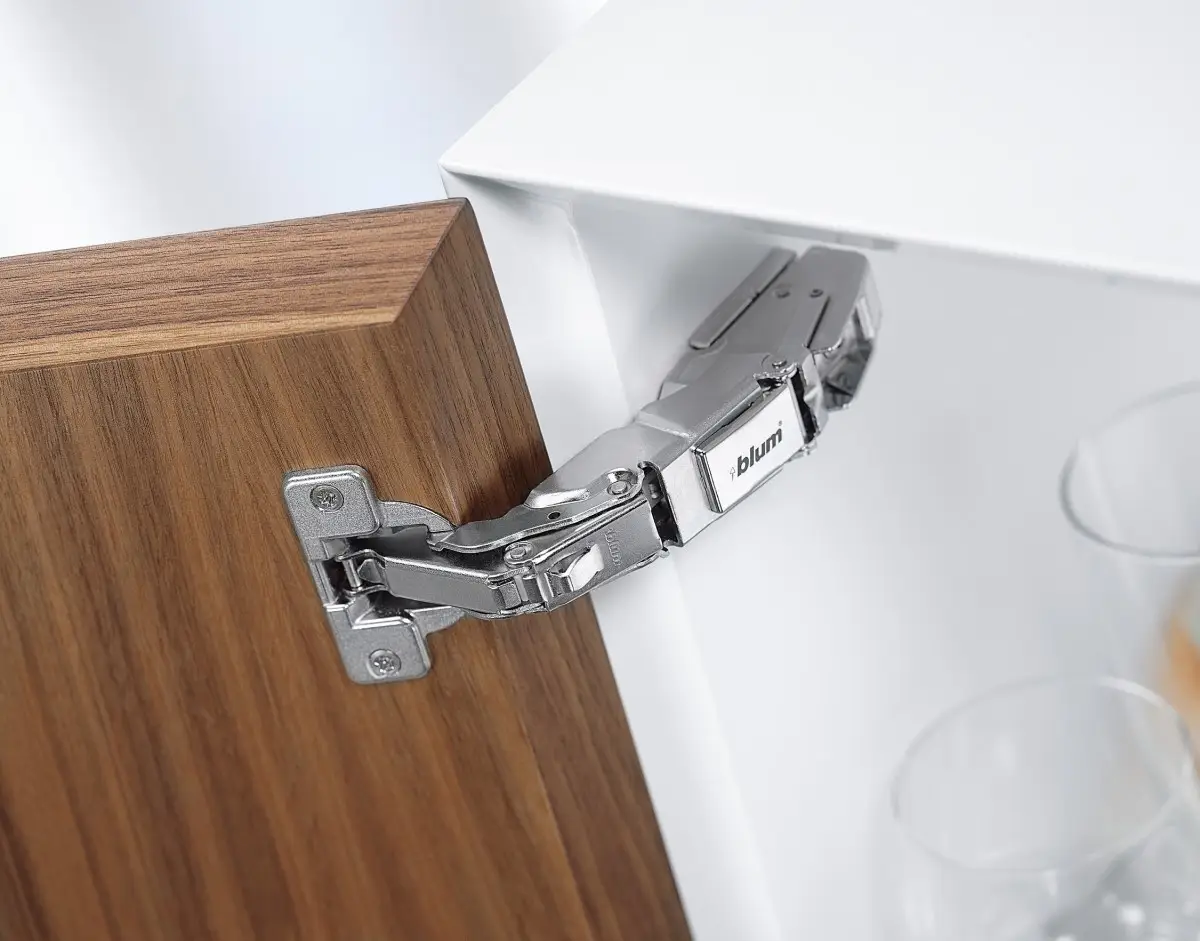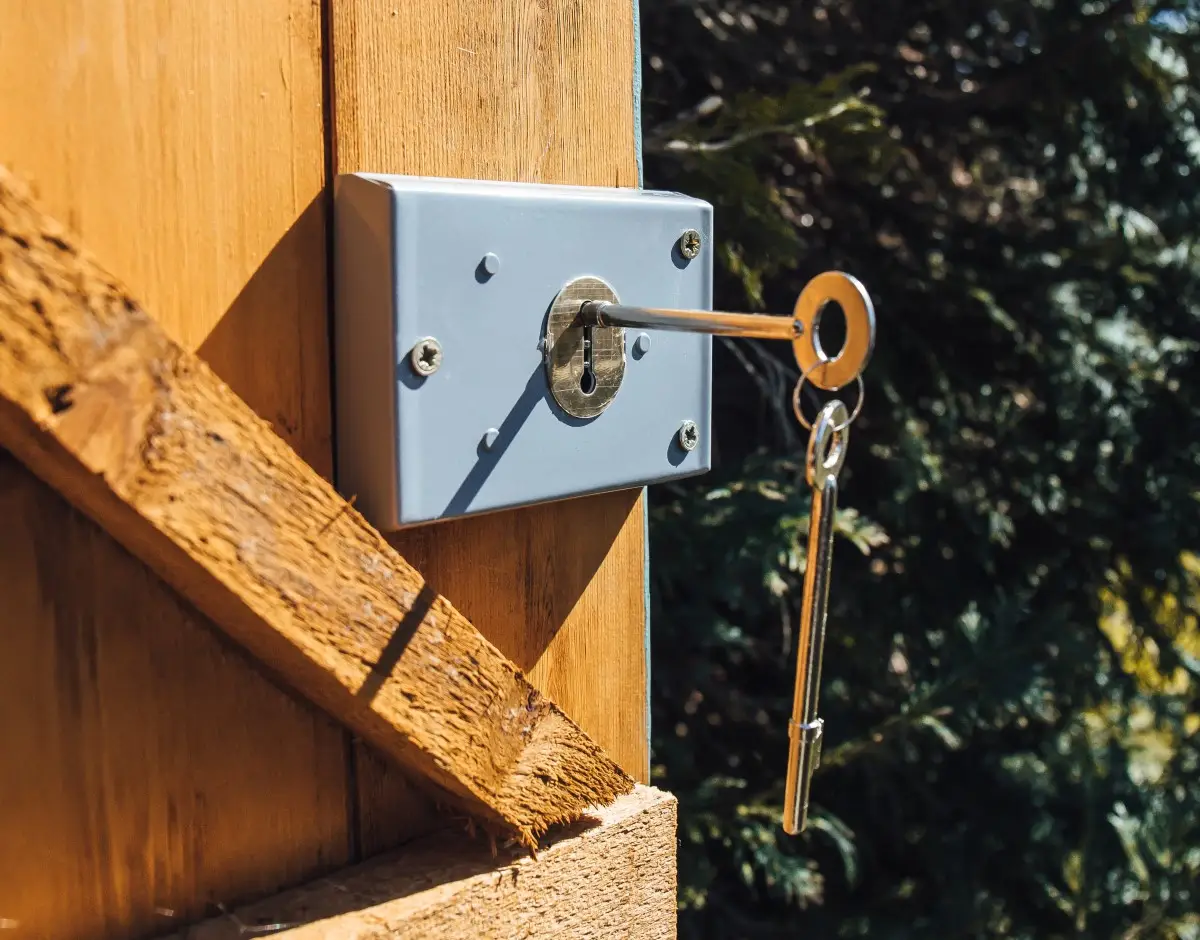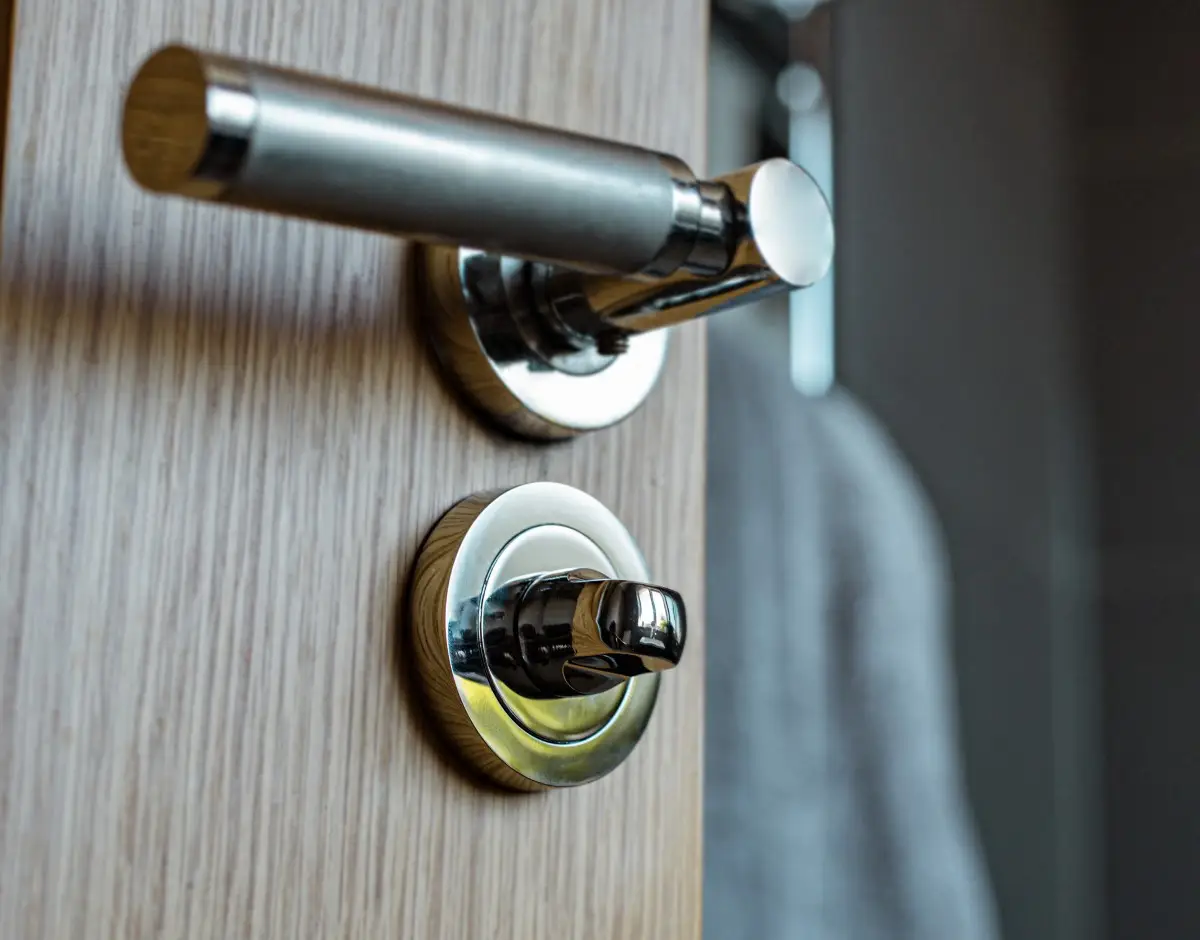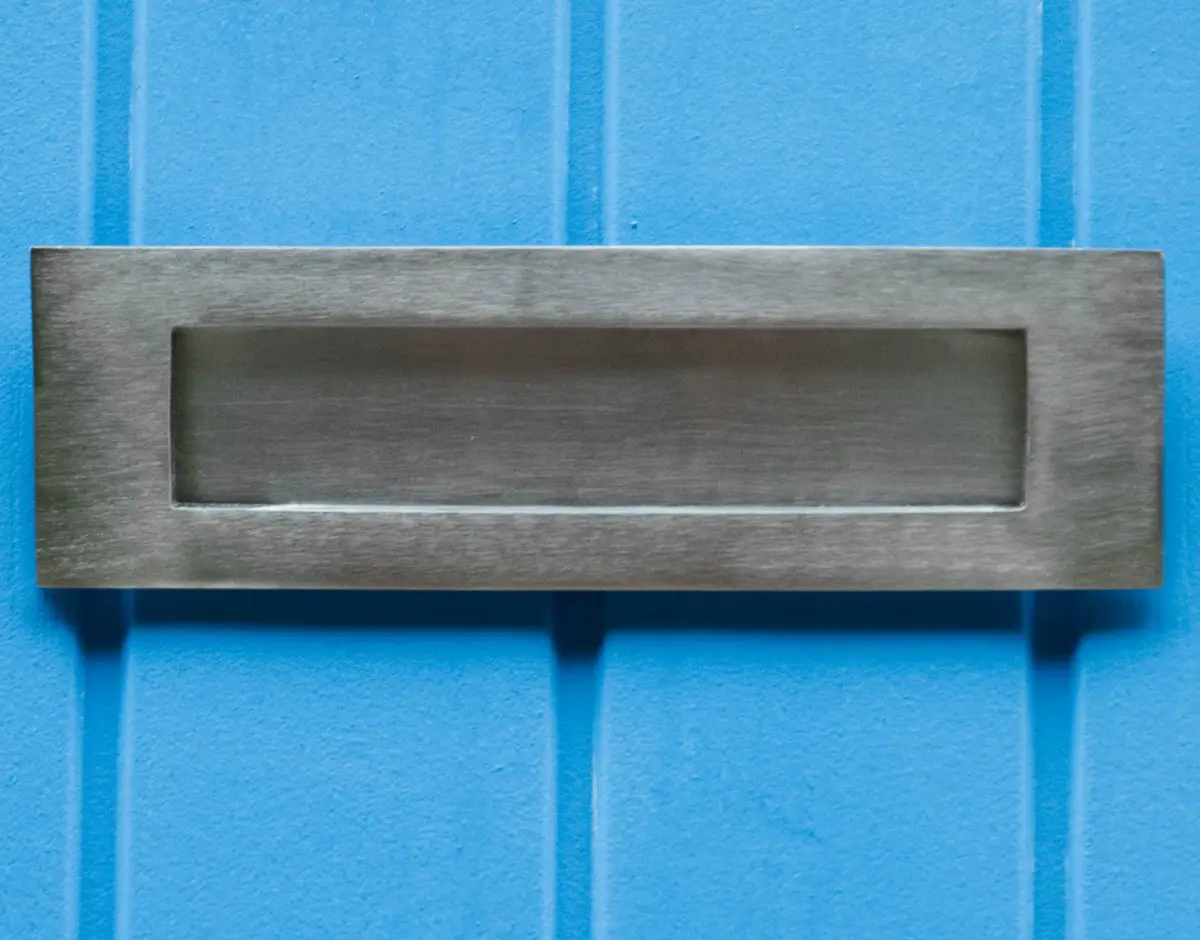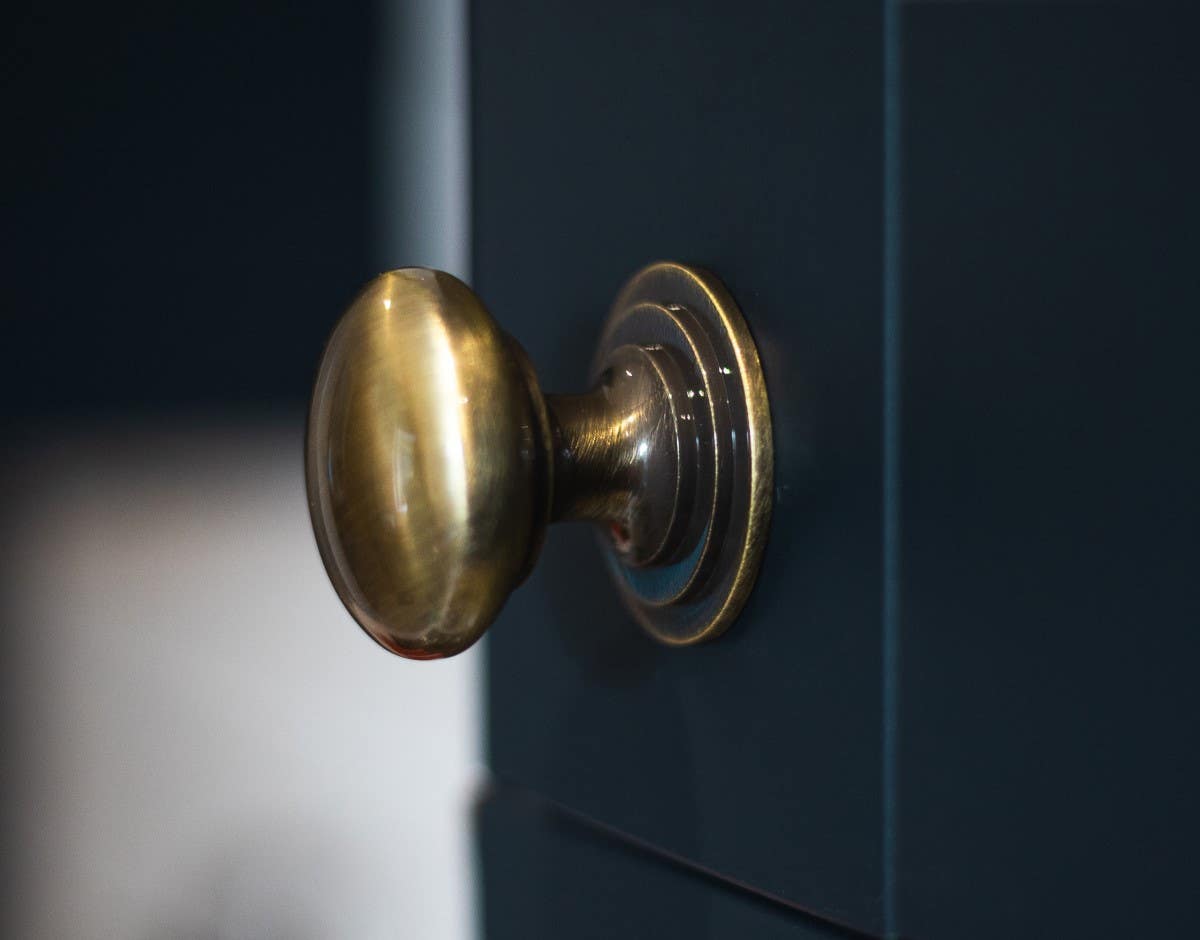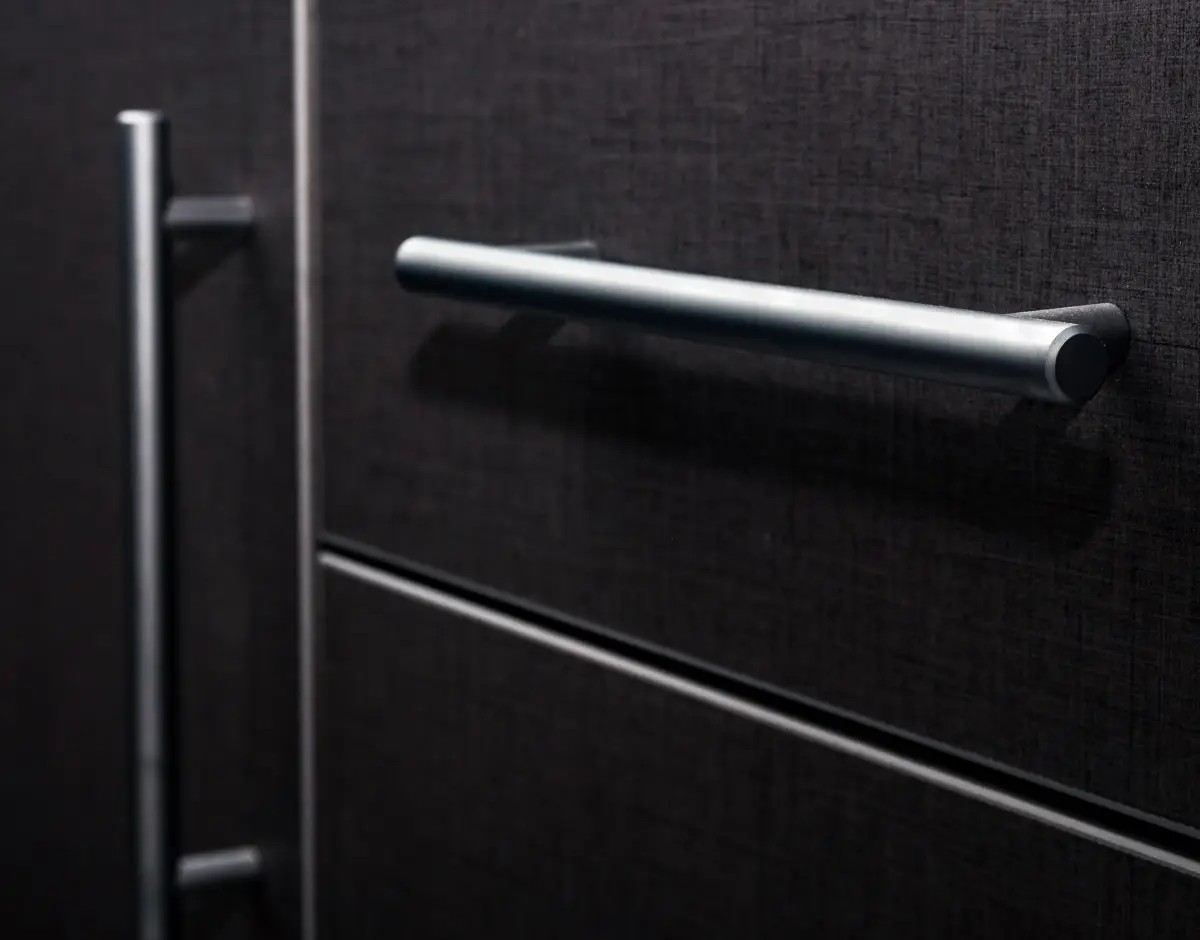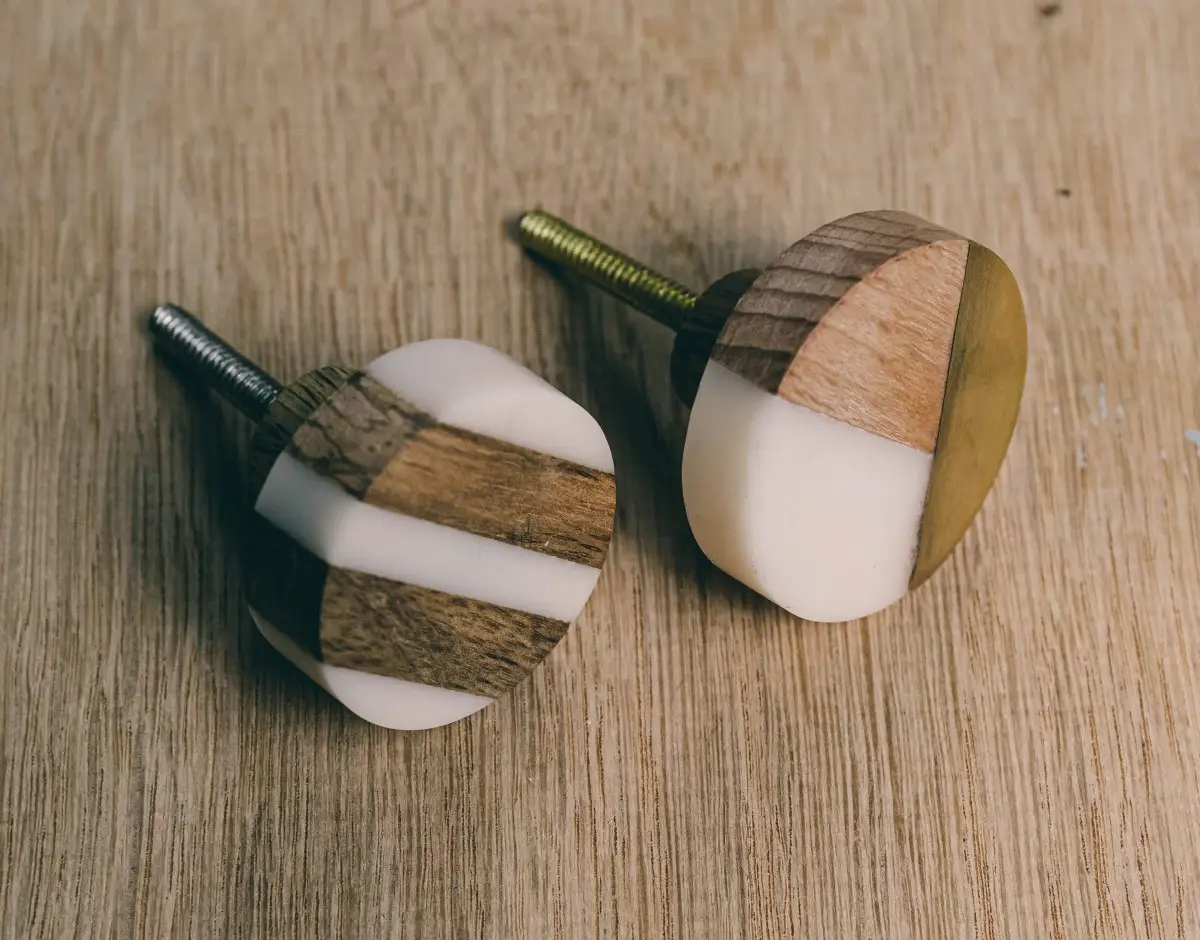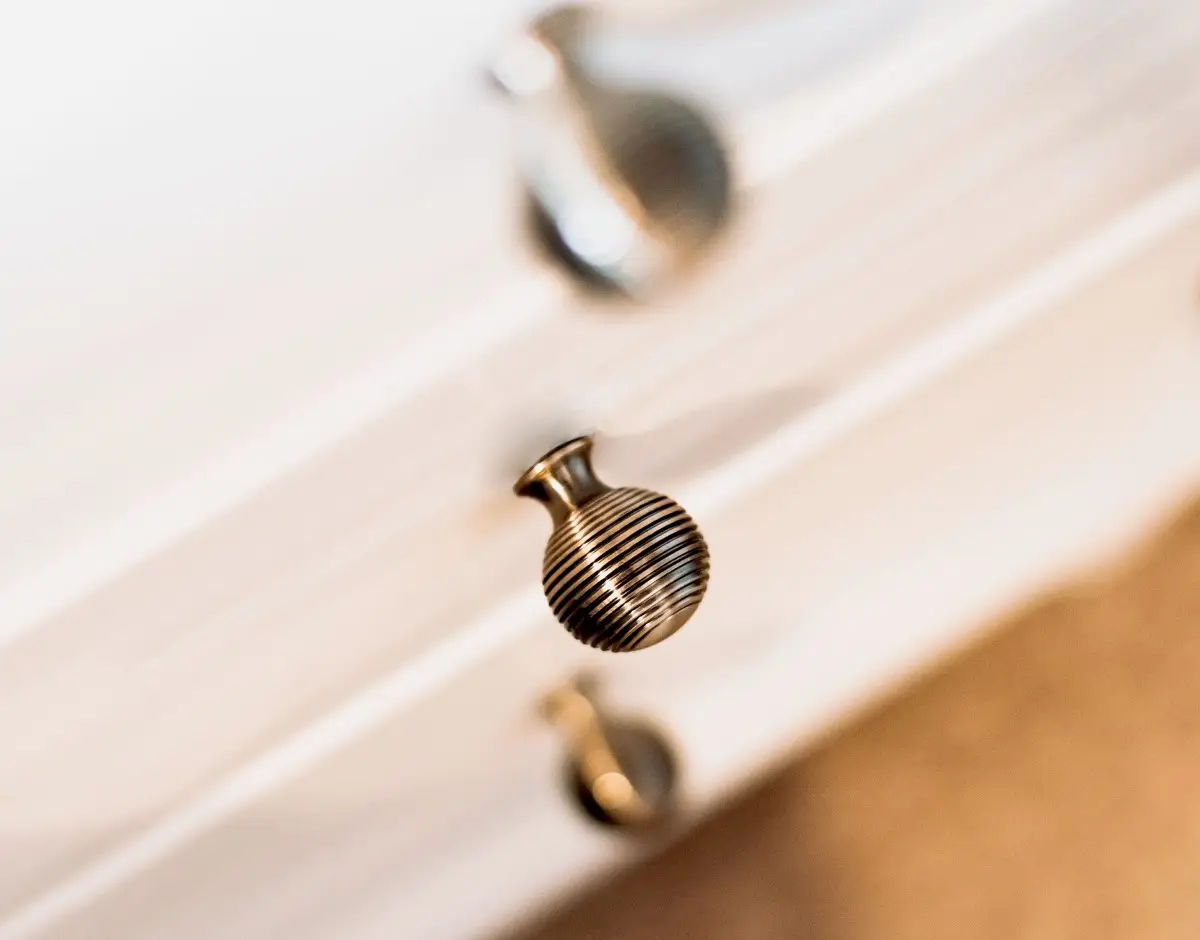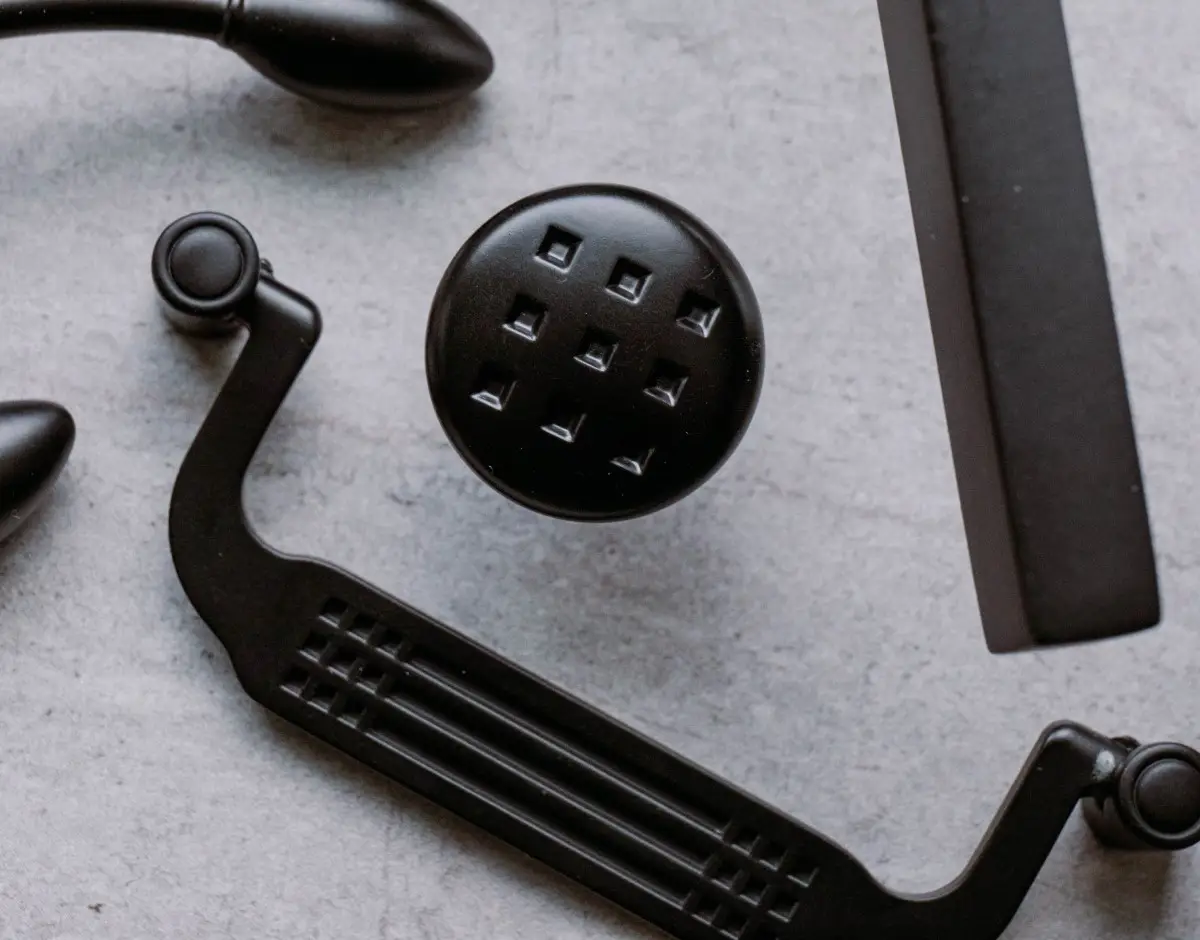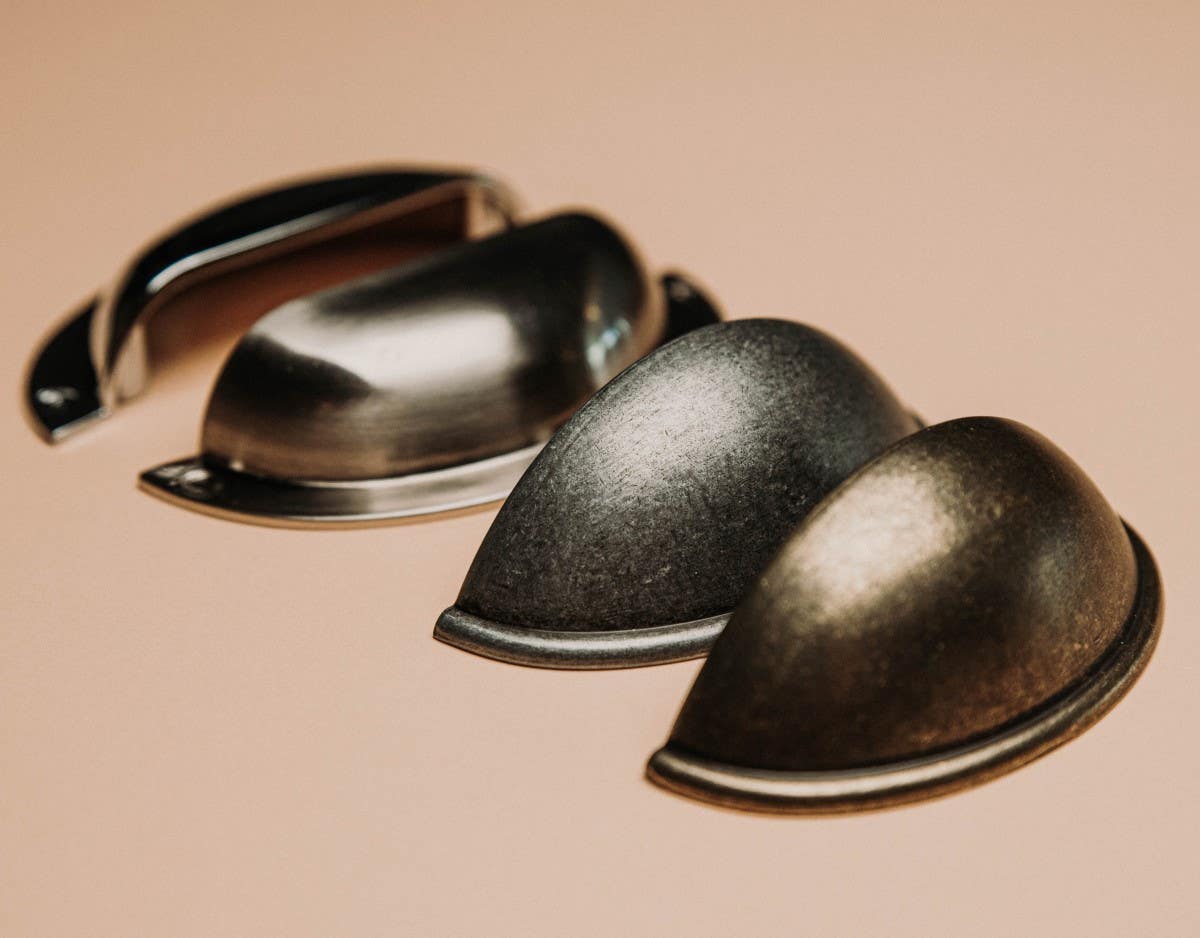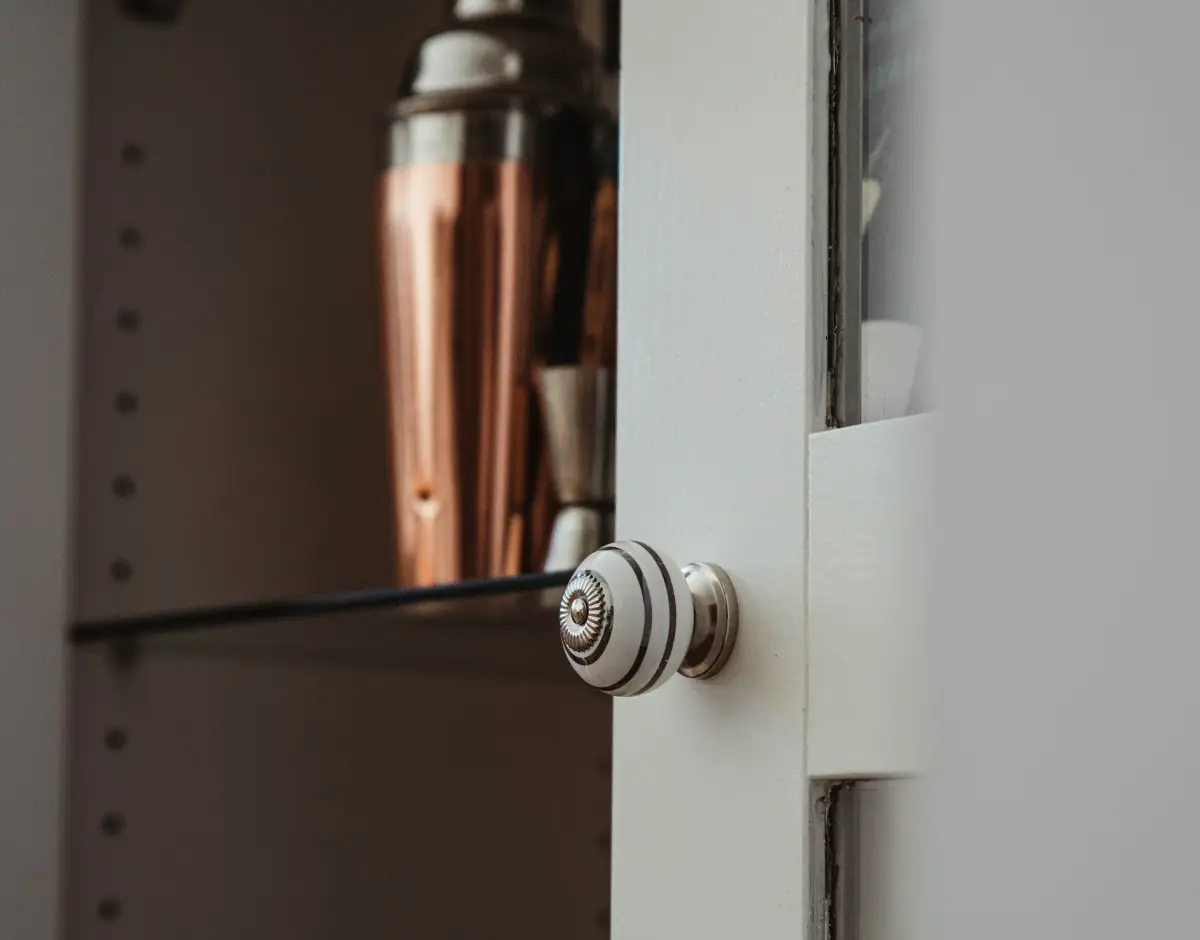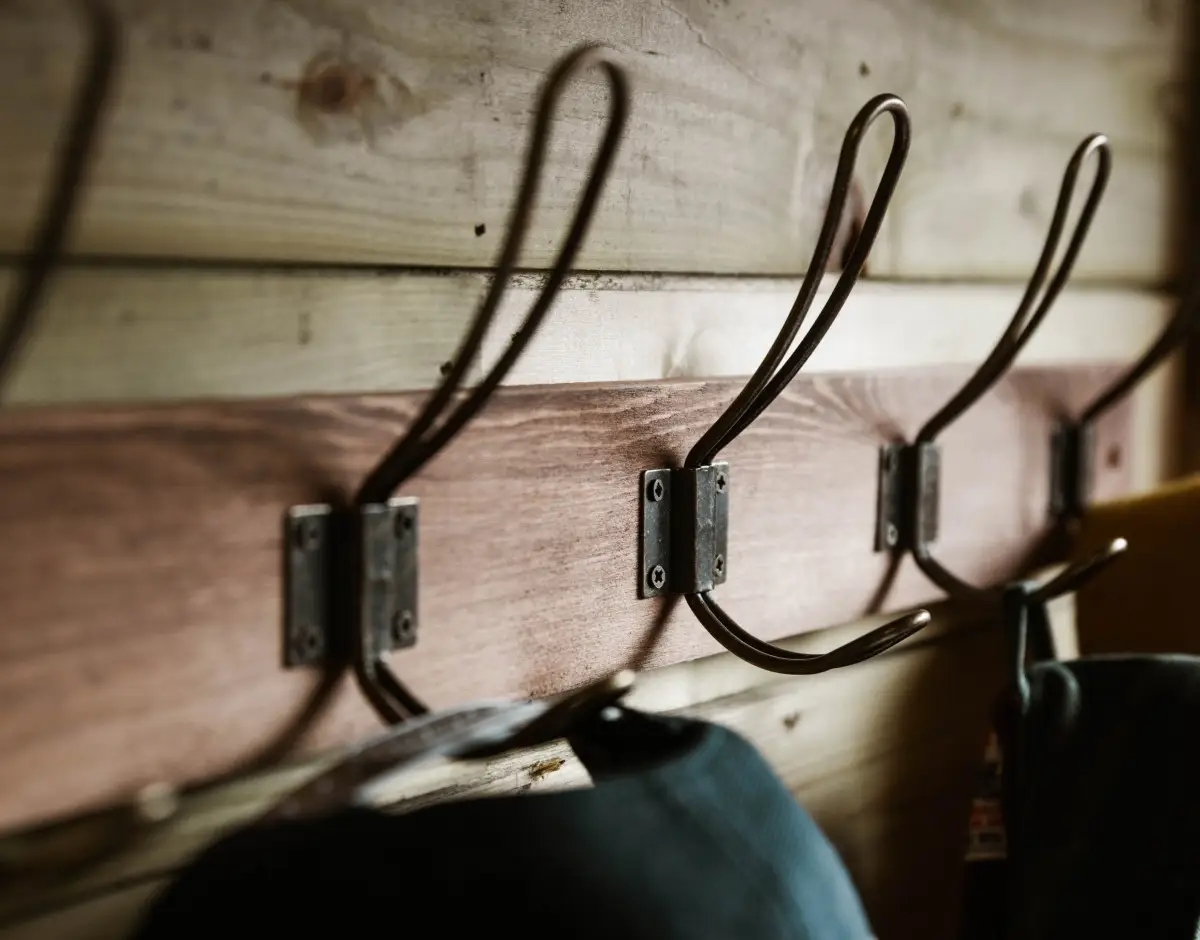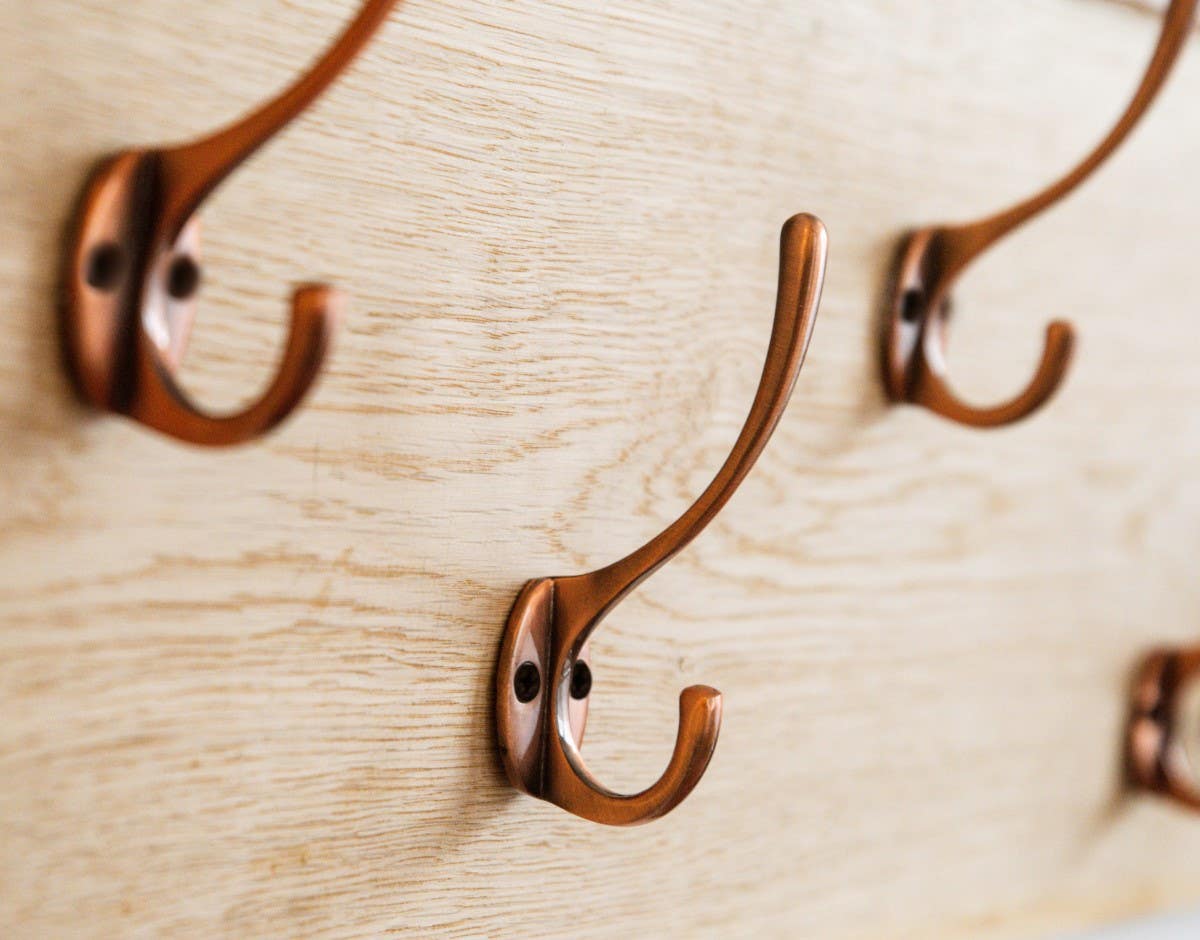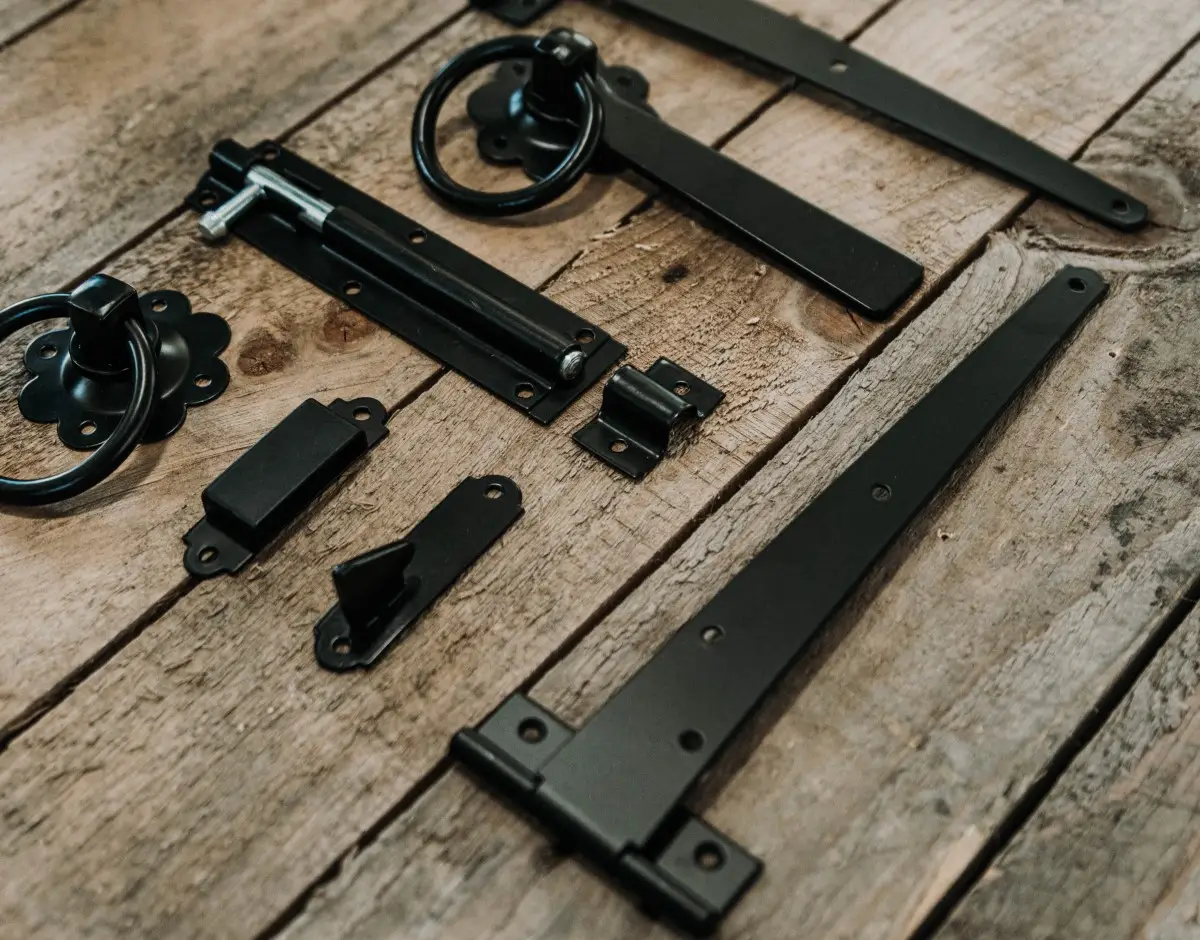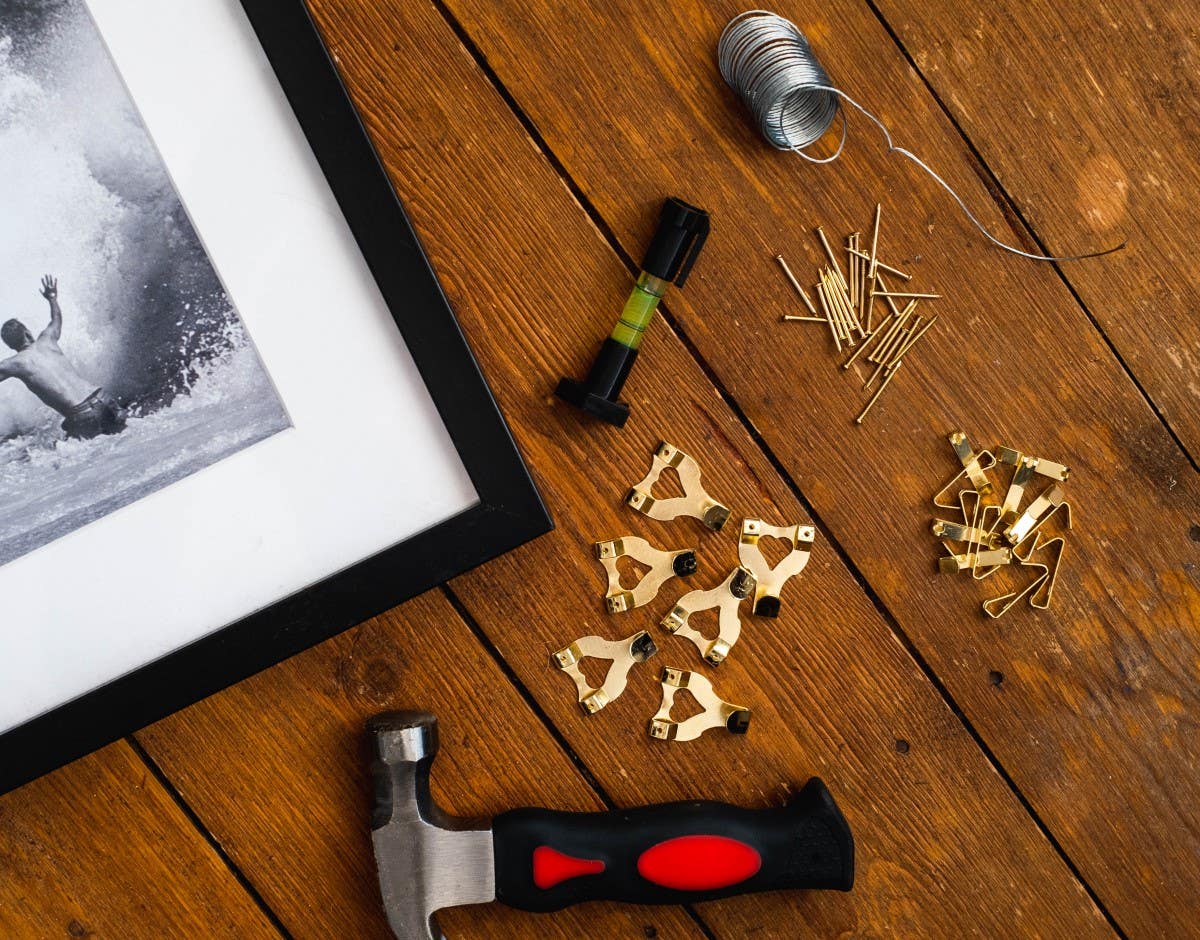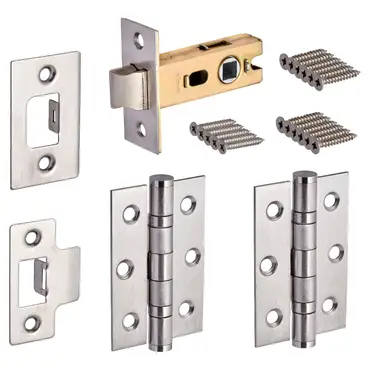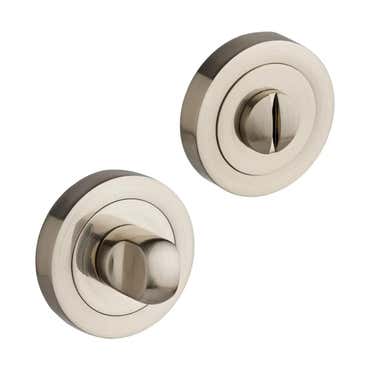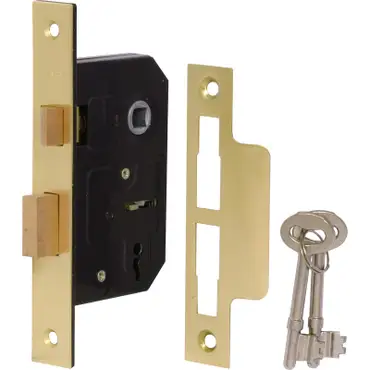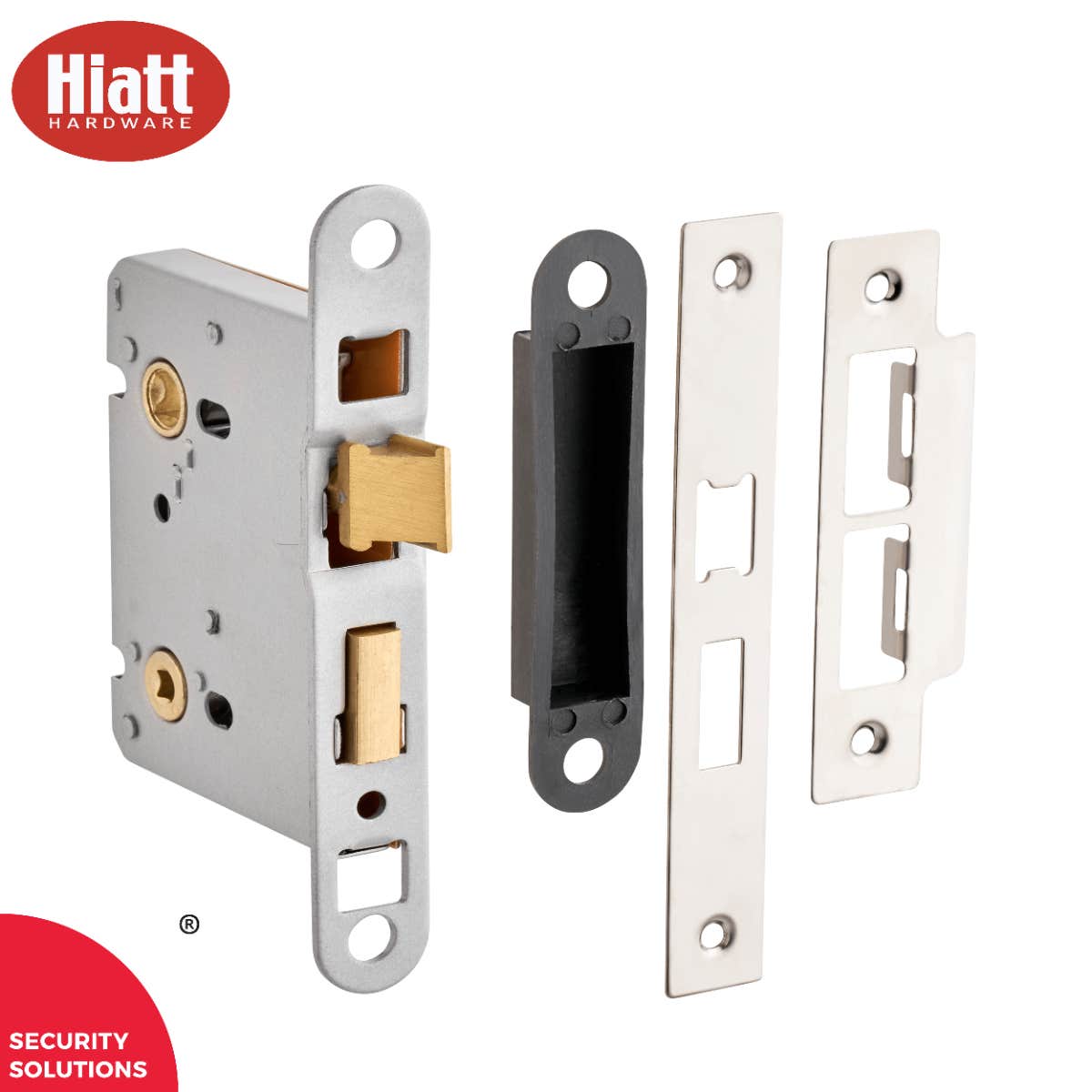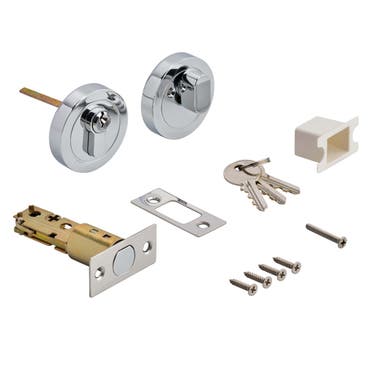A question we often get asked in our line of work relates to home insurance premiums and how the door locks you have will affect the cost.
Essentially, all your insurance provider wants to know is how secure your home is and how difficult it would be to break in.
When offering you a quote, insurance companies will ask you about the types of door locks you have installed, with window locks also being taken into account.
Being Honest Is Important
You have to be completely up-front and truthful too, as any claims you make will be invalidated if you've given false or inaccurate information.
The great news is that by changing your door locks, you can reduce your insurance costs, so it's certainly worth the effort required.
So, join us now, as we look at the different types of door locks that exist and the impact each one may have on your home insurance premiums.
The Five Lever Mortice Deadlock
Amongst the most widely-used types of door locks are five lever mortice deadlocks, which are installed within the mortice (door cavity).
Inside this type of lock are five levers (hence the name) that move the deadlock into place when the key is turned.
Basically, the more levers the lock has, the more secure it will be against burglars, as lock pickers need more points of contact to unlock it.
Of course, it's possible to purchase three lever mortice deadlocks, but the vast majority of home insurance companies prefer it if you have a five lever mortice lock.
key operated window locks also help
Ideally, you'll have five lever mortice deadlocks that meet BS3621 standards on all of your external doors.
With these in place and key-operated window locks installed on the ground floor or on any accessible windows, you'll likely find your home contents insurance costs you less.
That said, without five lever mortice locks on all your home's external doors, you may not get home insurance at all.
Night Latches
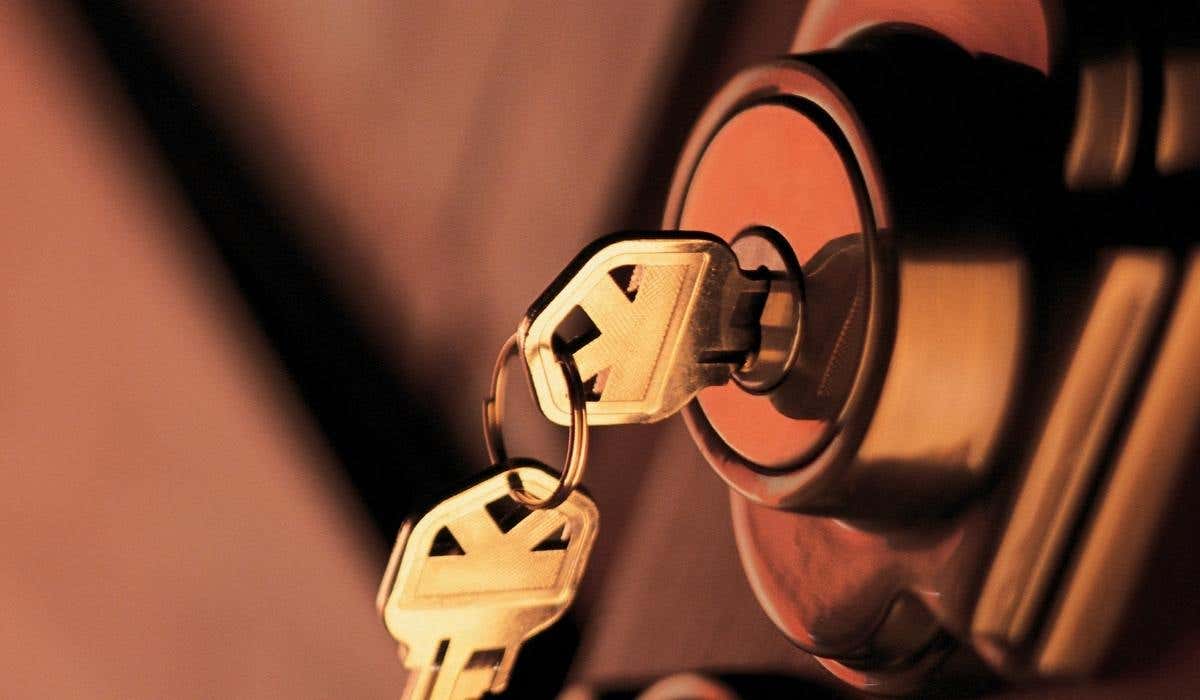
A Yale lock or Night Latch as it's otherwise known is a type of door lock that automatically secures your home as it closes.
Often used in conjunction with a five lever mortice deadlock, they can be opened from inside simply by turning the latch. From the outside, however, a key is required.
Usually Combined With a Mortice Lock
In isolation, night latches are not seen by home insurance companies as being sufficiently secure. This is why they're typically used alongside a five lever mortice deadlock.
If you intend to install this kind of lock, just remember to take your key with you when you outside, as otherwise you'll get locked out.
The Key Operated Multi Point Locking System
Next, we have the multi point locks, with will typically have 3, 4, or 5 locking points that move into place in unison when the key is turned.
This represents an extremely secure option, as the middle, bottom, and top of the door are strengthened when locked. That said, they tend only to be installed in uPVC doors, as opposed to wooden ones.
TS007 3-Star Kitemark Standard
When talking about home insurance, you'll usually require a minimum of five locking points on your home's entrance.
According to the Master Locksmiths Association, if you're going to use a multi point locking system for your front door, it needs to feature cylinders conforming to TS007 3-star Kitemark standards.
What About Smart Locks?

A more recent entrant to the world of door locks is the smart lock that is able to be opened only with a code or registered smartphone.
These high-tech digital door locks might seem like a good idea and a more secure choice than a key operated lock, but there can be an issue.
Smart locks are at risk of being hacked
This issue relates to the fact that a smart lock can be hacked, which means that some home insurance companies view them as a risk.
So, if you're thinking of having something like this fitted, we recommend talking to your home insurance provider first to check their stance on smart locks.
Understanding the Type of Door Lock You Have
Unless you're a professional, there's a good chance that you won't know what type of lock you have.
That said, the kind of doors you have offer a big indication, as wooden doors will most often have a mortice lock installed.
Conversely, uPVC or composite doors are likely to feature a multi point locking system.
Signs to Look Out For
Other questions to ask yourself include:
-
Is the lock installed within the door's cavity? Does the lock have BS3621 on it? If either is true, it's probably a mortice lock.
-
Is it necessary to lift the handle in order to lock the door? It's likely a multi-point lock.
-
Do you see three locking points? If so, again, it's a multi point lock.
-
Does your door automatically lock behind you? Does it have 'YALE' printed on it? It's 100% a night latch.
-
Does it have SS312 or TS007 printed on it? It's likely to be a multi point locking system.
It may seem like an obvious thing to say, but when you go out, all of your external locks should be secured. If you don't, your home insurance won't count for much when you come to claim.
What's the Best Type of Front Door Lock?
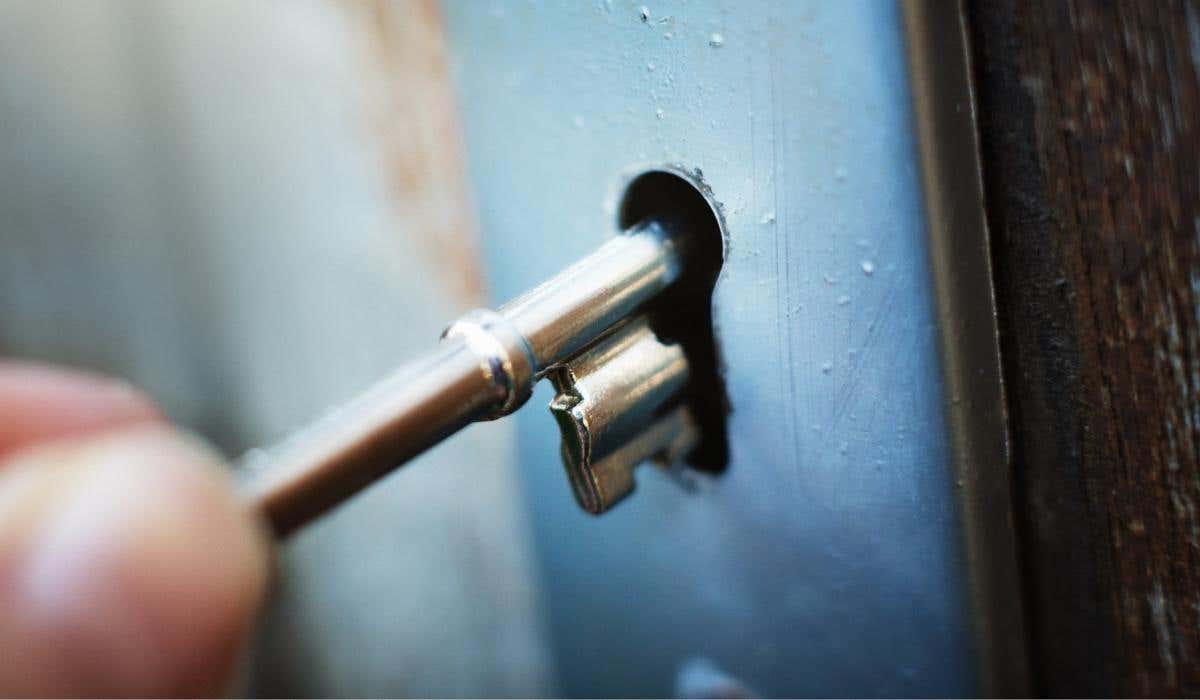
That's a difficult question to answer, as there are a number of variables at play that will influence the best choice.
The majority of the time, you'll find home insurance providers would rather you have a BS3621 mortice lock installed in your front door.
It's well known that mortice locks are the hardest locks to pick, so it stands to reason that this is the case. However, this isn't always possible depending on the door or property in question.
INSURANCE APPROVED IS A GOOD PLACE TO START
Of course, different home insurance providers will have their own set of rules on both door and window locks.
A good place to start is to go for an insurance-approved option, which will either mean a BS3621 mortice lock or SS312/TS007 multi point locking system.
Other Measures to Reduce Your Premiums
The great news is that having secure locks fitted to your doors is not the only way to bring down your home insurance premiums.
Taking the following steps can ensure you pay less each month for your cover, as well as make your home less appealing to burglars:
-
Use timer switches that turn your light on and off when you're away to give the appearance that someone's home.
-
Ensure that your valuables are not visible to anyone looking in from the outside.
-
Only give out spare keys to people you trust implicitly.
-
Never leave the keys in your window's key operated locks.
-
Avoid talking about holiday dates on social media.
-
Store all your garden tools in a locked garage or shed.
-
Install security lights that come on when someone approaches your property.
-
Install a burglar alarm and ensure that it's very visible from the outside.
Saving You Money & Keeping Your Home Safe
So, in summary, home insurance companies are only interested in the risk aspect of this whole equation.
If your property is harder to break into because of the strength of your door locks, then it will help to reduce how much you pay for your premiums.
Should a five lever mortice lock be a suitable choice for your doors, then they're a very good option to consider.
If not, then an insurance-approved multi point locking system represents the most secure option.
Not only will it help your premiums if your door locks are up to scratch, but it will also give you a much wider choice of home insurance providers.
The specifics of your policy will depend very much on your individual circumstances, but the more secure your home is, the happier you're likely to be with the monthly expense.
We hope that our blog has shined a light on how your door locks will affect your home insurance and that it helps you to pay less as a result.

